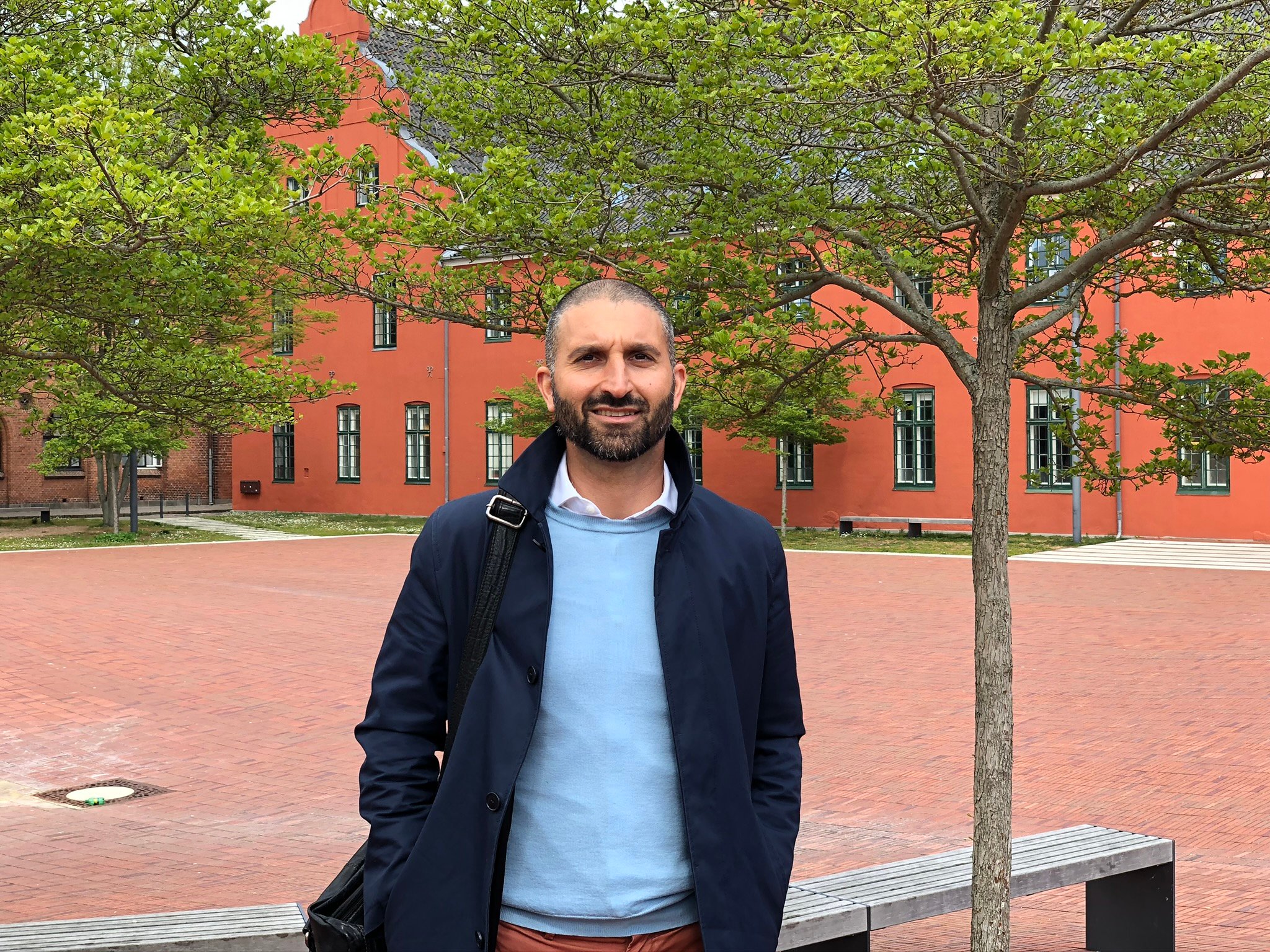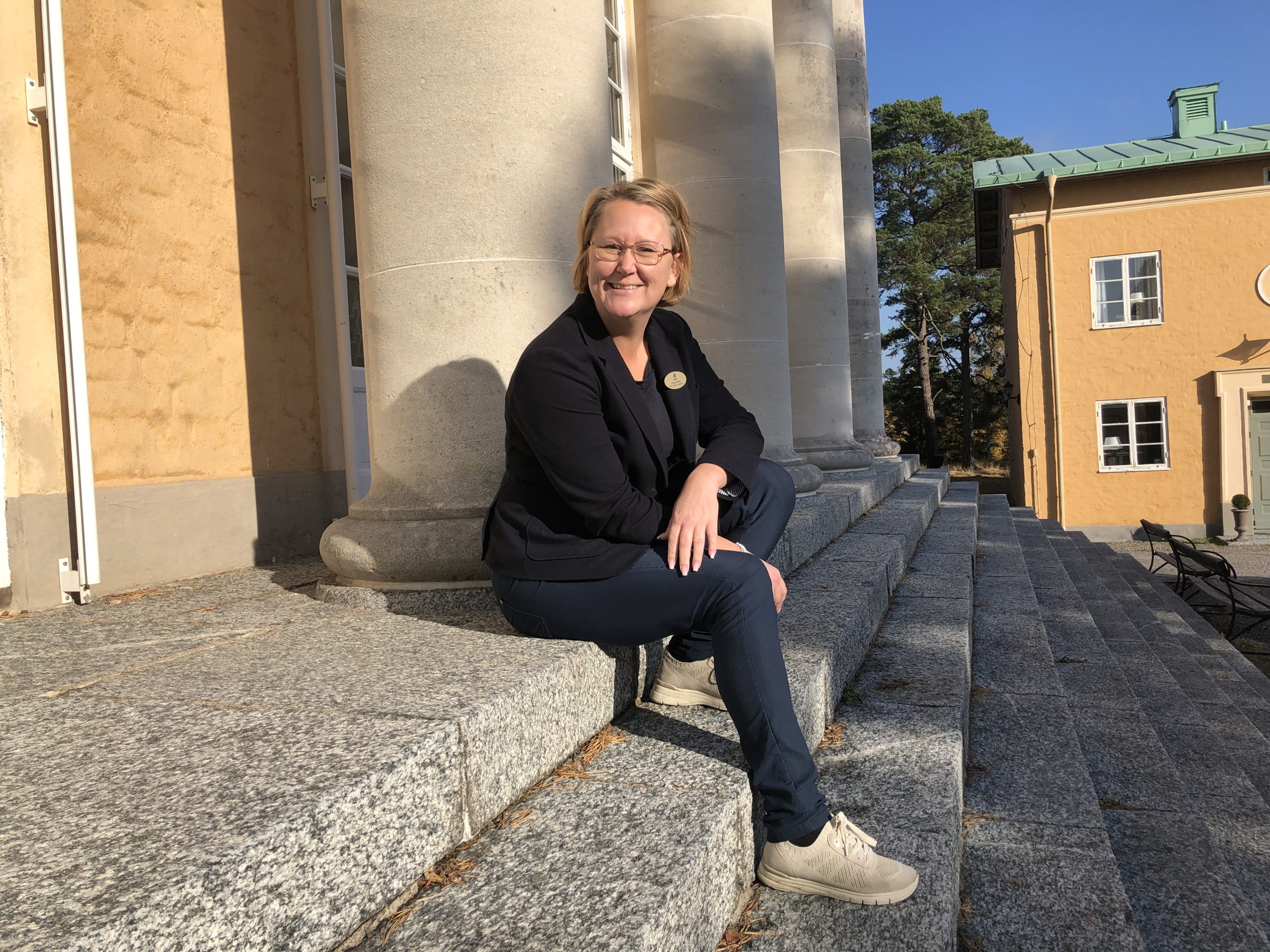One Swedish school's approach to bullying
No matter what country you live in, school bullying happens. The short and long term effects can range from embarrassing to life-altering. We look at how one international school in Sweden tackles the issue to ensure its students thrive.

Taunting, mocking, rejecting and even physical attacks like pushing or worse, are pervasive in schools across the world and they can all occur with varying levels of severity. Bullying's effects on children’s immediate mental health has long been known and recent research into the long-term consequences of prolonged victimised bullying points to negative social, health and economic effects in victims some four decades later.
Globally, bullying is on the rise and Sweden is no different, notes Swedish anti-bullying group Friends.
However, school-based anti-bullying programs are proving to have success, with a 2021 Journal of School Psychology paper stating programs effectively reduced school bully perpetration by 19 to 20 percent.
In Sweden, at coeducational independent boarding school Sigtuna Humanistiska Läroverket (SSHL), the approach to anti-bullying sees the school and students collaborating to tackle the issue from all sides.
In addition to taking action when there is an acute situation, the big focus is on preventative measures.
Swedish student Axel Geijer is a 19-year-old boarder at SSHL and president of the school’s student anti-bullying organisation Hjärter Ess (Ace of Hearts). The group works to stop bullying before it happens, aiming to ingrain inclusivity and kindness into students.
“This way bullying won't become a really big problem. Because if bullying starts, I feel like the problem has already gone overboard. It's good if you start at the source,” he explains.
As well as being a group for kids to turn to if they’re subjected to bullying or have other issues, Hjärter Ess organises school-wide events and promotes a positive feeling of inclusivity. It has representatives of all ages and touts the motto "be yourself".
Discover the benefits of a school committed to academic success as well as student wellbeing
Student welfare at its core
Around 600 students attend SSHL, one of Sweden’s oldest schools located in Sigtuna just north of Stockholm. It takes anti-bullying so seriously it is embedded in its ethos.
The school’s core commitment is to students’ academic success and positive wellbeing and pledges to “promote understanding of other people and the capacity for empathy. No one at school should be subjected to bullying. The school must actively combat harassment. Xenophobia and intolerance are the products of ignorance and fear, and must be countered with knowledge, open discussion and active measures.”
Anna Kalles is Assistant Principal of SSHL’s upper secondary school and leader of the school’s ‘equal treatment work’. She says she is proud that increasingly more students feel encouraged and empowered to approach staff and report bullying – whether it's a feeling of loneliness, name-calling or something more serious.
The school's equal treatment work may be largely invisible to some, says Anna, but its work is incredibly important. It has worked to put a system in place that encourages transparency and communication between students and school leadership. This ensures a level of trust and security for students, and importantly for the school, the ability to tackle any bullying before issues can fester.
With 25 to 30 students in each boarding house, how does he ensure students not only get along, but also progress and grow during this important time of their lives?
Clear structure, routine and rules are important, he says. “We have a few really clear rules and clear consequences. For example we are an alcohol-, drug- and bullying-free school. We teach the students how to be good friends to each other and how to be good people.”
The school’s no-bullying or harassment stance is made clear to new students and parents from day one, with students asked to sign statements to acknowledge they understand.
“We take a lot of steps to make sure students are fully aware of what kind of school this is, which makes it easier to prevent but also to take action if needed,” says Mazdak.
The staff must also be good role models at all times, he adds. “How we treat each other, how we talk to each other and to students… it all matters.”
This notion of model behaviour and strong support is ongoing, with continuous dialogue between students and staff to coach and mentor them.
“We have a vision – that all of our students can reach their goals and be the best version of themselves. The years they have here at SSHL should be important in that journey.”
Going above and beyond
Much of SSHL’s anti-bullying approach is done in accordance with the robust Swedish school laws, however, the school also has its own systems in place to go above and beyond what is expected, explains Anna.
This includes a weekly group meeting involving representatives from all corners of the school – vice principals, head of boarding, house parents, teachers from each of the school’s departments and sections. Following an alert that someone isn’t being treated well, an investigation is immediately carried out. “We act on it very quickly. We take this kind of thing seriously,” says Anna.
The hardest kind of bullying to deal with is actually when kids are feeling rejected or alone, says Anna. And often children don’t want teachers to speak to other students about their issues.
“We work with the class and talk about core values, perhaps together with a counsellor. We have different strategies. Sometimes we interview every single person, sometimes we do a survey. Then we make a plan around how to deal with the class so that students feel more comfortable again. And when this is done, we also follow up and do a survey again.”
Sometimes it's a case of children offending another child without even realising it. And this can particularly be the case where there are students from different cultures.
“With children and young adults, if you talk about it with them, and explain – not punish them for it – they're usually very receptive,” says Anna. “Of course, you have to be very clear on what is and is not okay. That’s the baseline.”
Not-so-social media: cyberbullying
A new Swedish law, which came into effect this year, gives teachers the power to remove phones from students. It points to the problem of social media in the prevalence of bullying. When asked about the rise of bullying, both Axel and Anna refer to social media and cyberbullying.
“The biggest problem today is the technology that we have. Social media has made bullying anonymous. And that's very frightening,” says Axel.
How to help your kids
If parents are concerned their child is being bullied, they should immediately talk to their child’s school, recommends Anna. “Whether it’s your child or another, if you know something, please contact the school so they can work on it."
She also says it’s a myth that talking to teachers about bullying will make the issue worse. “If a parent or student comes to us, they can be anonymous. We're going to listen to them and support them, and we're going to do something about the issue – immediately.”
Axel echoes this sentiment, adding that students can feel comfortable talking to the “great staff” at SSHL.
It’s age-old advice, but Axel also says to encourage your kids to ignore the bully: “They want a reaction. When they don’t get it, often that’s where it all stops.
“Obviously, you always have some troublemakers. But there's usually a good amount of people that actively try to be inclusive and help people.”
While the long-term trauma that bullying can cause is worrying, the majority of cases are fortunately not severe. Navigating the emotions and new social relationships of childhood and young adulthood are not simple for most people. Try not to worry too much, says Axel, adding that the future always brings something better; it's just around the corner and the best is yet to come.
Learn more about SSHL, the inclusive boarding school just north of Stockholm
This content was paid for by an advertiser and produced by The Local's Creative Studio.





Join the conversation in our comments section below. Share your own views and experience and if you have a question or suggestion for our journalists then email us at [email protected].
Please keep comments civil, constructive and on topic – and make sure to read our terms of use before getting involved.
Please log in here to leave a comment.